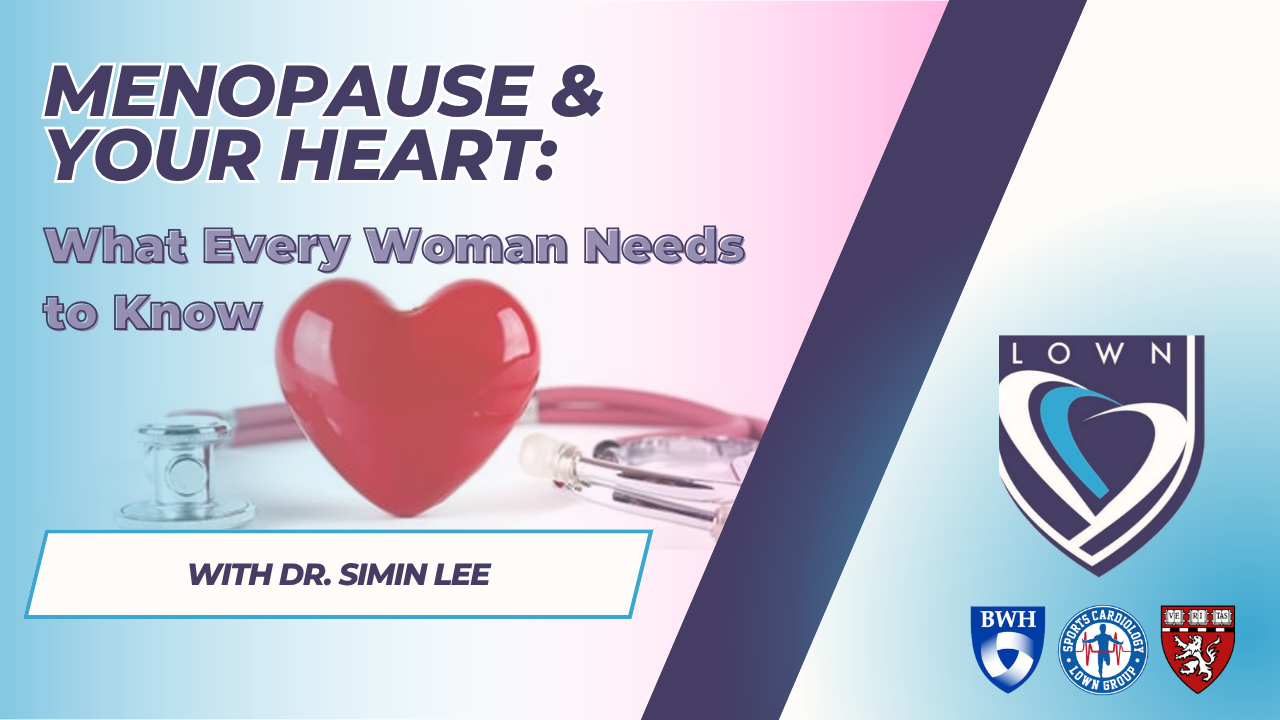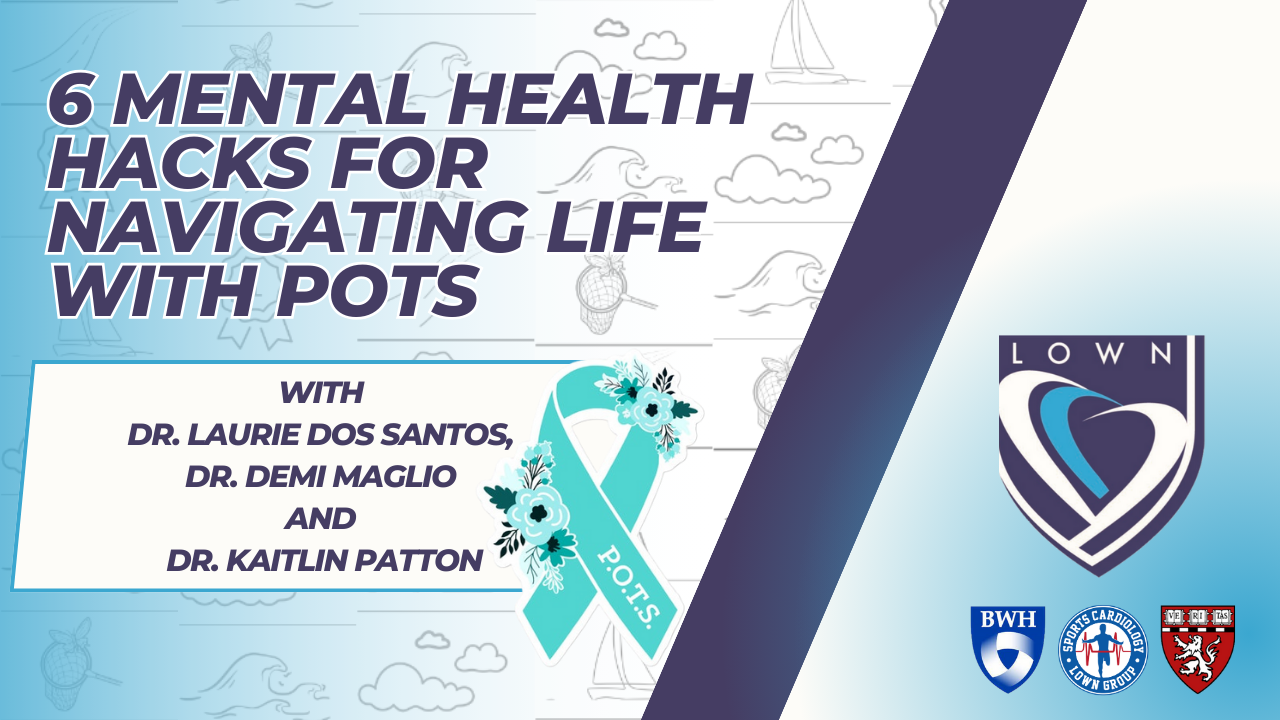Better Sleep: Understanding Insomnia and Treatment options with Dr. Eric Zhou
Sleep disorders are common among adults in the US, but often overlooked as a major factor contributing to a patient’s overall health and well-being. We discuss the reasons why it is critical to think about your sleep health and evidence-based approaches for insomnia disorder.
Resources
https://behavioralsleep.org/
AASM Behavioral and Psychological Treatments for Chronic Insomnia Disorder in Adults
Books that Dr. Zhou mentioned:
- Cognitive Behavioral Treatment of Insomnia A Session-By-Session Guide
- The Insomnia Workbook: A Comprehensive Guide to Getting the Sleep You Need by Stephanie Silberman
Below are some questions we didn’t get to today that Dr. Zhou has generously answered after the webinar for us.
Q: both my husband and my son have always had an extremely difficult time falling asleep. (hours or lying awake) Is there hope for them.
A: Absolutely. This is a common struggle for patients with insomnia.
Q: Does pure zzz or zquil work and is it safe to take on a regular basis
A: Consult with your medical providers. The active ingredient in ZZZQuil is diphenhydramine, which is an antihistamine. This is generally not an advised long-term solution for insomnia.
Q: How do you go about addressing polypharmacy in older adults that have been taking sleep meds for a long time, but now may cause harmful effects, for example, overnight fall risk?
A: Consult with your prescriber, ideally a geriatric psychiatrist.
Q: A question about the chart—the light blue at the top and the bottom are ok if you are feeling ok if you are not sleepy during the day?
A: Correct. If you feel good, sleep is consistent, then the light blue shows what is possible (and less common) for sleep need by age.
Q: Is it helpful to reset a sleep schedule? If exhaustion forces you to go to bed at 9 pm which results in waking up at 2 am, will forcing yourself to remain awake later in the evening, perhaps 11 pm, will that help in realizing a longer, better quality sleep period?
A: Needing to reset frequently is an issue. It should be something done once, perhaps, during CBT-I.
Q: Within CBT-I, are there different approaches for trouble falling asleep right away vs trouble waking in the middle of the night and not being able to get back to sleep?
A: Yes, the approach would depend on your individual challenges.
Share
Recent Blog Posts






